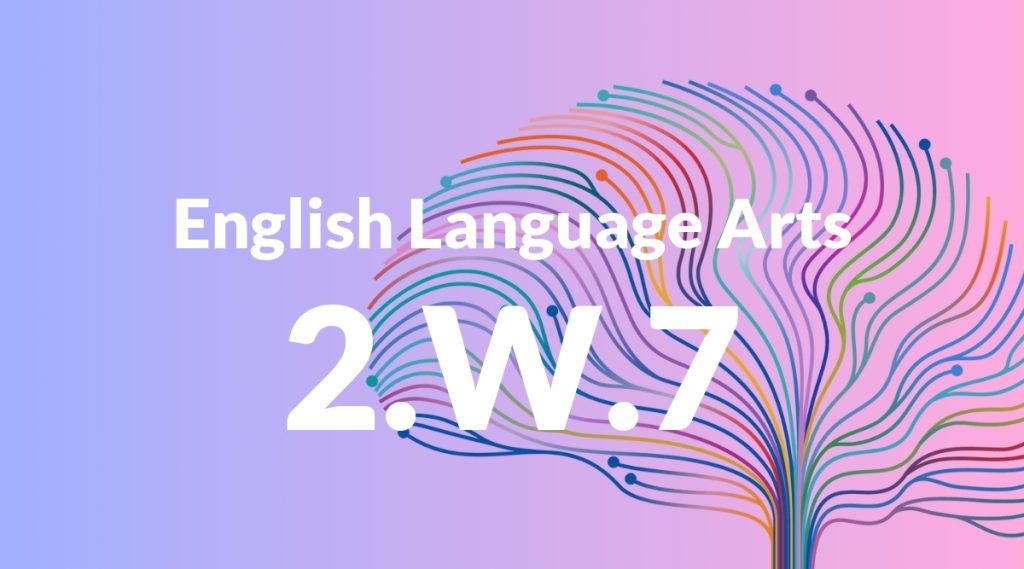Standard: 2.W.7 – Participate in shared research and writing projects (e.g., read a number of books on a single topic to produce a report; record science observations).
Grade level: Grade 2
Subject: English Language Arts
Domain: Writing
Teacher Overview
This standard emphasizes the importance of collaborative research and writing projects. Students will learn to gather information from multiple sources and work together to create a cohesive report or record observations. This skill is crucial as it lays the foundation for more complex research and writing tasks in higher grades. Students should have basic reading comprehension and writing abilities, including forming sentences and using punctuation. They should also be comfortable working in groups and sharing tasks.
After mastering this standard, students will be able to conduct independent research, organize information logically, and present their findings both in written and oral formats.
Common Misconception 1
A common misconception is that research involves copying information directly from sources. This is incorrect because true research requires understanding, paraphrasing, and synthesizing information.
Intervention 1
To address this misconception, teach students how to paraphrase information and cite their sources correctly. Use examples and practice exercises to reinforce this skill.
Common Misconception 2
Another misconception is that all group members should perform the same tasks. This is incorrect as effective collaboration involves dividing tasks based on individual strengths and working together towards a common goal.
Intervention 2
To remediate this, explain the importance of task division and role assignment in group projects. Use role-playing activities to help students practice collaborative skills.
Prerequisite Knowledge
Students should be able to read and understand simple texts, work collaboratively with peers, and have basic writing skills such as forming sentences and using punctuation.
Subsequent Knowledge
Students will develop the ability to conduct more independent research, organize information logically, and present their findings in written and oral formats.
Instructional Activities
- Group reading sessions followed by collaborative report writing.
- Science experiments with shared observation recording.
- Creating a class storybook on a chosen theme.




